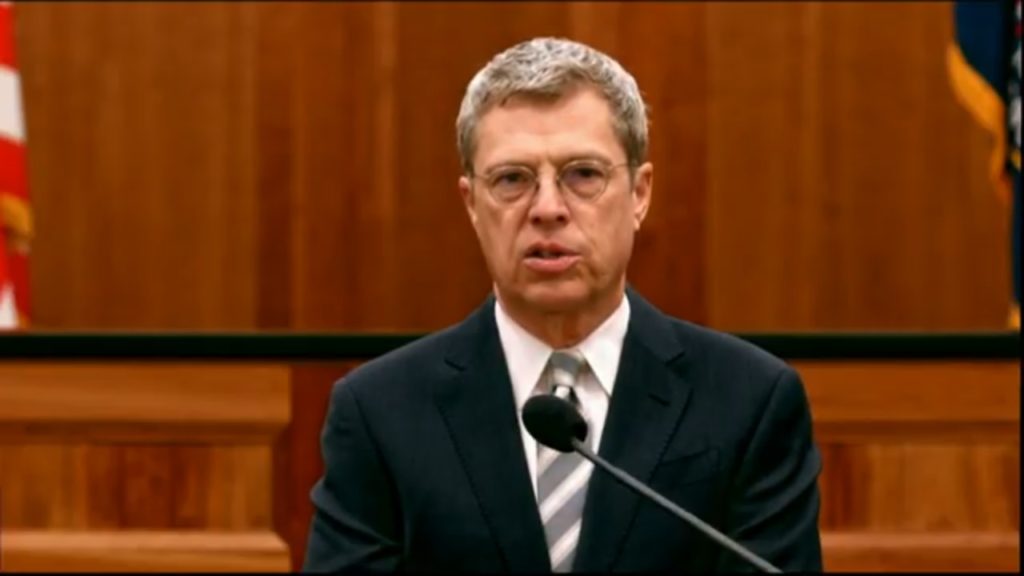
Speakers at BYU Law School’s Religious Freedom Review centered their addresses on how religious freedom fits into what they called the three main crises the U.S. is facing: racial inequality, health and the economy.
The conference was three days long and started on June 17 with a speech from UN high-level commissioner Alaa Murabit who spoke of her experience being a Muslim and a feminist. She said she wanted to share her own personal story because faith is incredibly personal. Murabit invited viewers to use their personal faith, whatever it may be, to create opportunities for others and to create space for difficult conversations.
Murabit was followed by Elder David A. Bednar, an apostle of The Church of Jesus Christ of Latter-day Saints. Elder Bednar focused on how the coronavirus pandemic has been a wake-up call for many, and he pointed out how easy it was for the government to completely shut down all religious gatherings. Elder Bednar said that while this situation merited extreme action, it should be an example of how important religious freedom is and how important it is to make sure the government cannot take away the right to worship.
“Nothing government does is more important than fostering the conditions wherein religion can flourish,” Elder Bednar said.
The second day of the review was a conversation between senators Mike Lee, R-Utah, and Kyrsten Sinema, D-Ariz., who talked about their experiences working together in the Senate and their views on religion in government. The two discussed how every person has various identities and that no one should be judged based purely on one aspect of who they are.
“Whether or not someone agrees with me is much less important that how I interact with them,” Sinema said.
The third day of the conference was lead by former Utah Gov. Michael Leavitt, who spoke about the effect religion can have on society and how that effect is different than what can be accomplished by government alone.
Leavitt said secular laws are effective in changing group behavior, but when they are used to change individual behavior there will inevitably be unintended consequences.
He said faith communities, on the other hand, change individual behavior because they focus on changing hearts.
“Those who attend this meeting are guardians of religious freedom around the world, and I thank you for that,” Leavitt said.
The last two speakers were Elizabeth Clark, the event program chair and associate director of the International Center for Law and Religion Studies, and Brett G. Scharffs, the center’s director.
Clark told a story about a man who, on a bet, isolated himself from the world for 15 years, and in that time he devoted himself to study of culture and religion. After studying theology, the man decided to swear off the pleasures of the world and didn’t accept the money from winning the bet. After recounting this story, Clark invited listeners to reflect on how recent shared difficulties can encourage change and improvement in society and individually.
Scharffs focused his speech on the tools that society has to move forward after the coronavirus pandemic, stating that measures that are implemented during an emergency should never be allowed to become permanent, especially when it affects religious and other freedoms.




